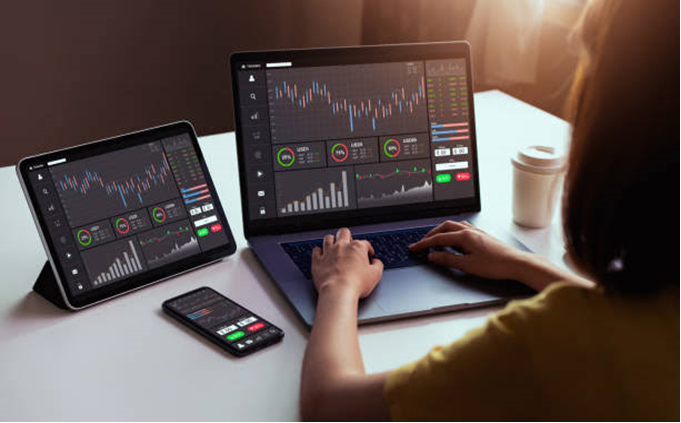
When to Trade
Are you looking to start trading but don’t know how to get started? Trading can be a great way to make money, but it’s important to know when and what to trade.
In this blog, we’ll discuss some of the basics of trading and how to get started.
One of the most important aspects of trading is knowing when to trade. This is especially true for those who are just getting started. The best time to trade depends on the type of asset you’re trading. For example there are key market sessions such as Asia, Europe, and US and there is session overlaps where two sessions merge which usually are the most liquid with most participants such as London and New York.

Stocks can be traded during regular trading hours but certain commodities like gold and oil are traded around the clock. There are also some markets, such as the Forex market, that are open 24 hours a day. It’s important to do your research and understand when the best time to trade is for the asset you’re interested in.
More importantly, the ideal time to trade is when you are in good health, had good rest, away from distractions of important life/work/personal events allowing to work with a relaxed and stress-free mind and a comfortable environment.
As trading is mentally taxing , emotional and psychologically driven, trading whilst juggling other important things such as another job, childcare duties, holidays away with family/friends, hospital appointments, legal issues, studies/exams, bereavement etc will have an impact on performance as rational judgement and decision making can be compromised.
This in turn will affect your bottom line profit/loss.
Other important factors to keep in mind are key fundamental/macro news events such as bank rate announcements, inflation and employment figures. These are times when there is extreme high risk and potential for high volatility and big moves in prices. Also the run up to these events also affect the market greatly with reduced volatility and rangebound pricing for a few days. Keep this in mind when having daily target goals as this will skew the results greatly.
One must also decide if after achieving a daily or weekly target to continue trading or walk away and take a well deserved break and come back another day in order to preserve profits and not risk giving it back.
What to Trade
Once you’ve determined when to trade, the next step is knowing what to trade. There are a variety of different asset classes that you can trade, such as stocks, bonds, commodities, currencies, and more. When it comes to trading, it’s important to understand the different types of assets and their risks. For example, stocks are usually seen as less risky than commodities, but the potential for losses is still present. It’s important to understand the different asset classes and how they can impact your trading along with the inter-market correlation between all the markets combined and how the cash flows within them.
Also after trading certain assets classes, one may prefer some markets to others which depends on an individuals personality and preference.
Some markets are more volatile than others and price action is also different, so one must decide what market resonates with their style and strategy.
How to Trade
Now that you know when and what to trade, the next step is to understand how to trade. This is where it’s important to understand different trading methods and strategies. There are a few different ways to trade, such as buying and selling individual stocks or trading in the futures market. It’s important to understand the different types of trades, as well as the risks associated with each.
There are different styles and types of traders, some are swing traders with trades going from intra-day to a number of days, others are scalpers, taking small ticks entering and exiting transactions in very short time frames, whilst others take a hybrid approach with a mix of both types of short term, high frequency and longer term trades.
Platform, technology, broker, spreads and commissions are important factors to consider here also.
Finally, it’s important to remember that trading is a risky activity and it’s important to understand the risks before taking any trades. It’s also important to be aware of market news and changes, as these can have an impact on the price of the asset you’re trading. With the right knowledge and strategy, trading can be a great way to make money. By understanding when, what, and how to trade, you can make sure that you’re taking the right steps to being successful in trading.


